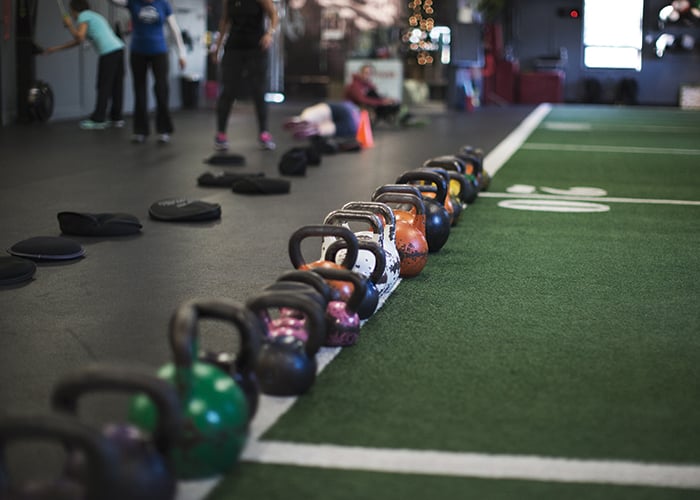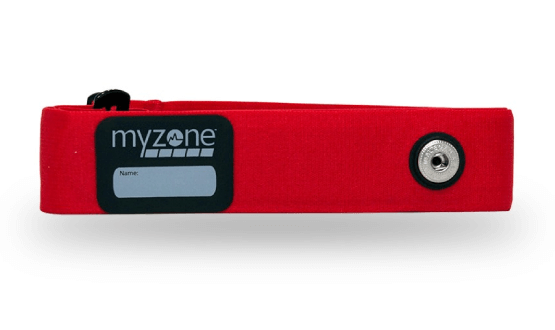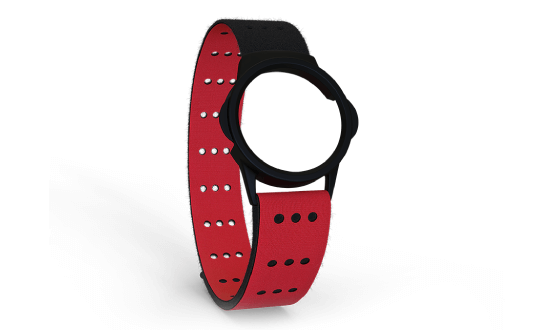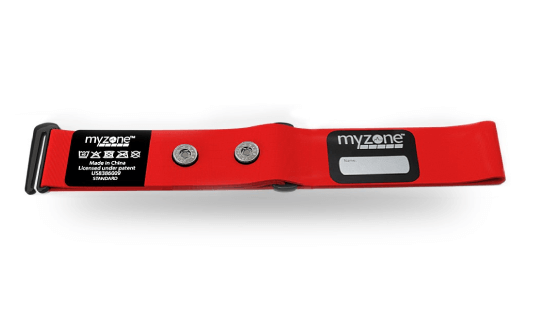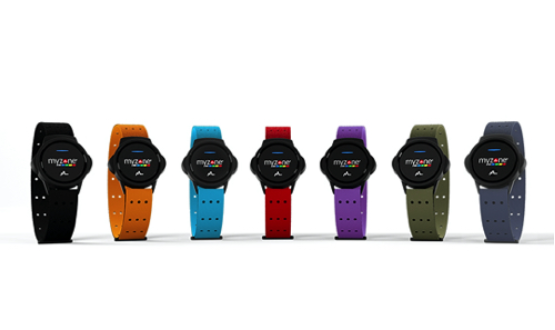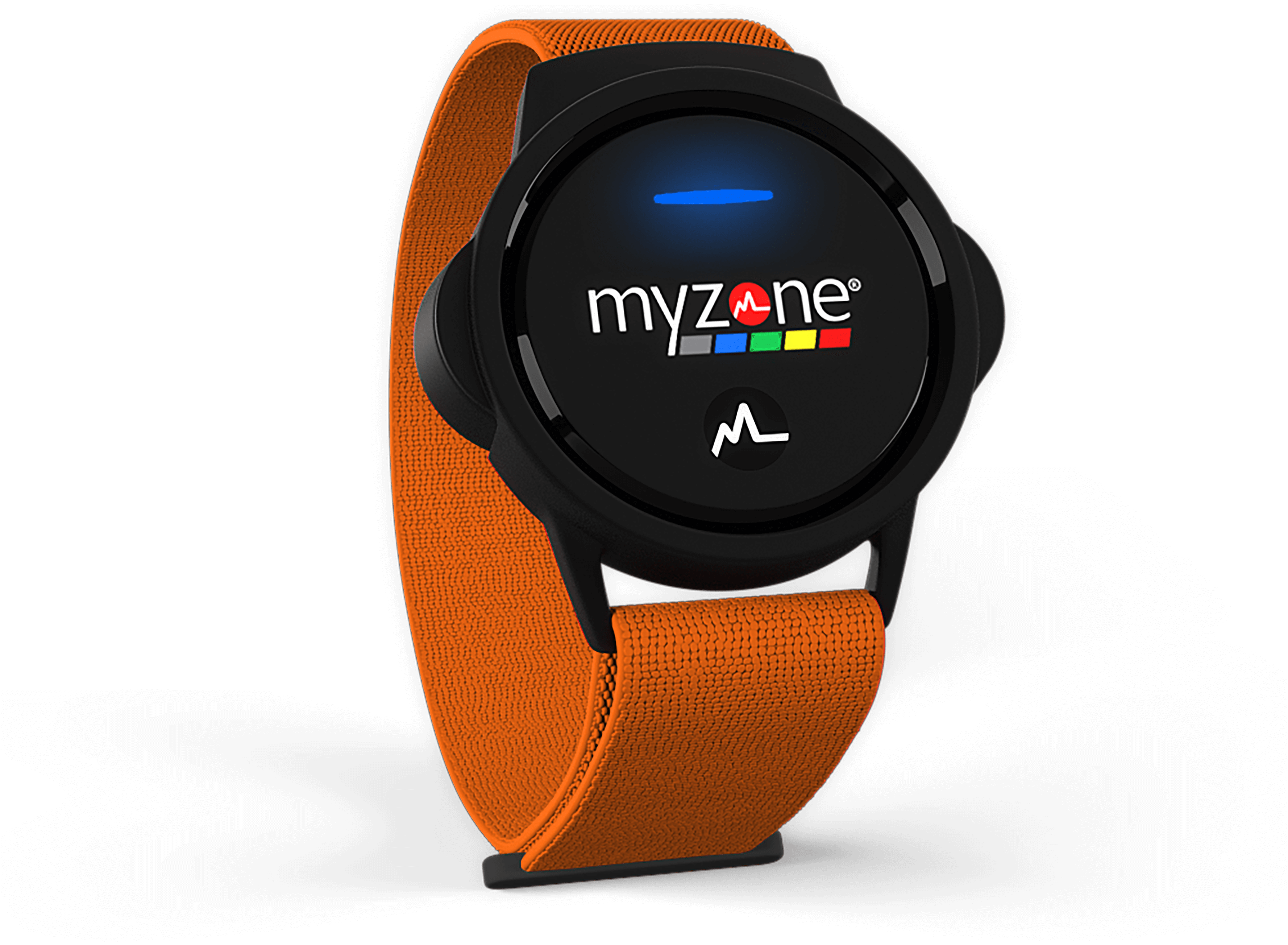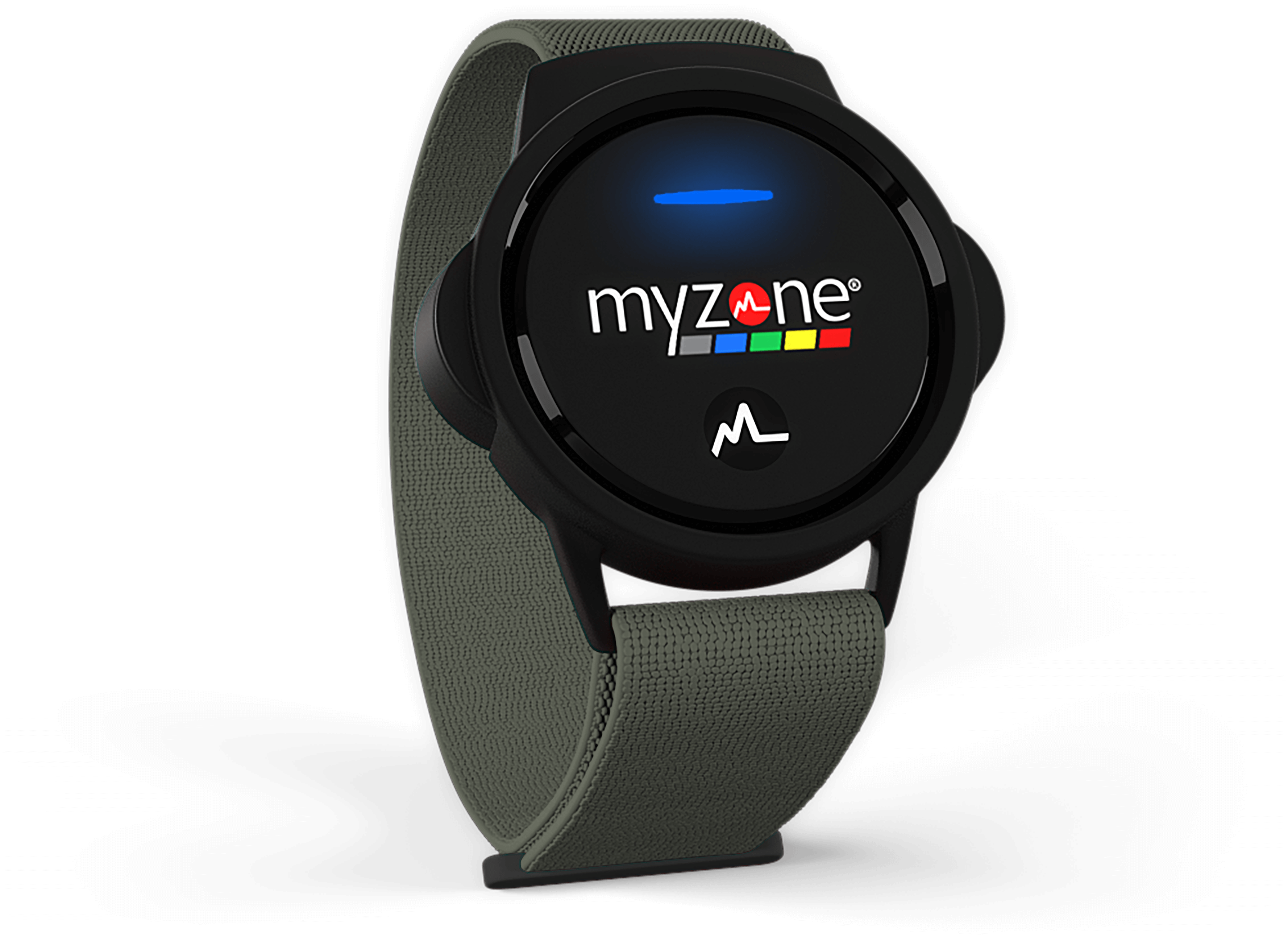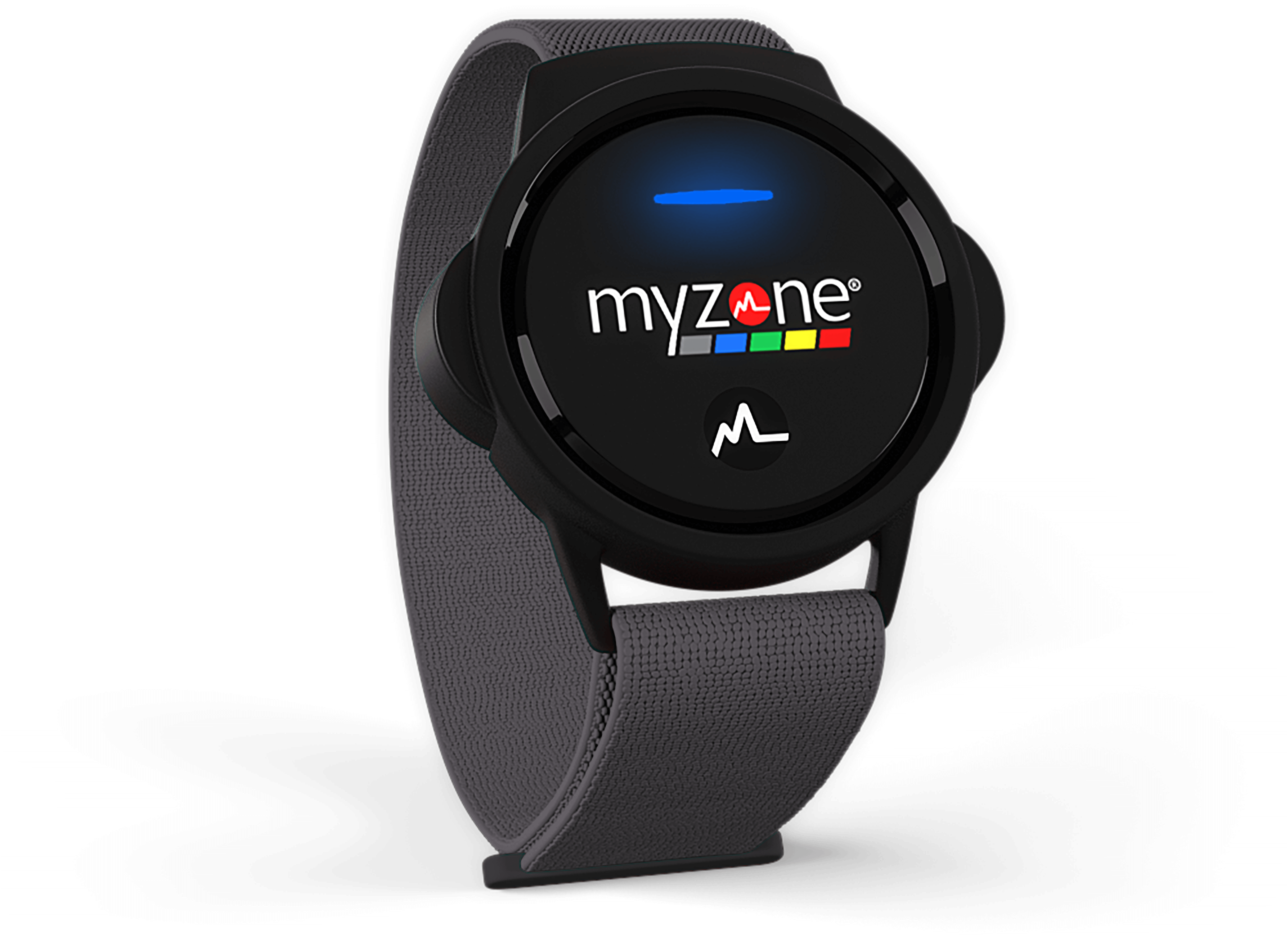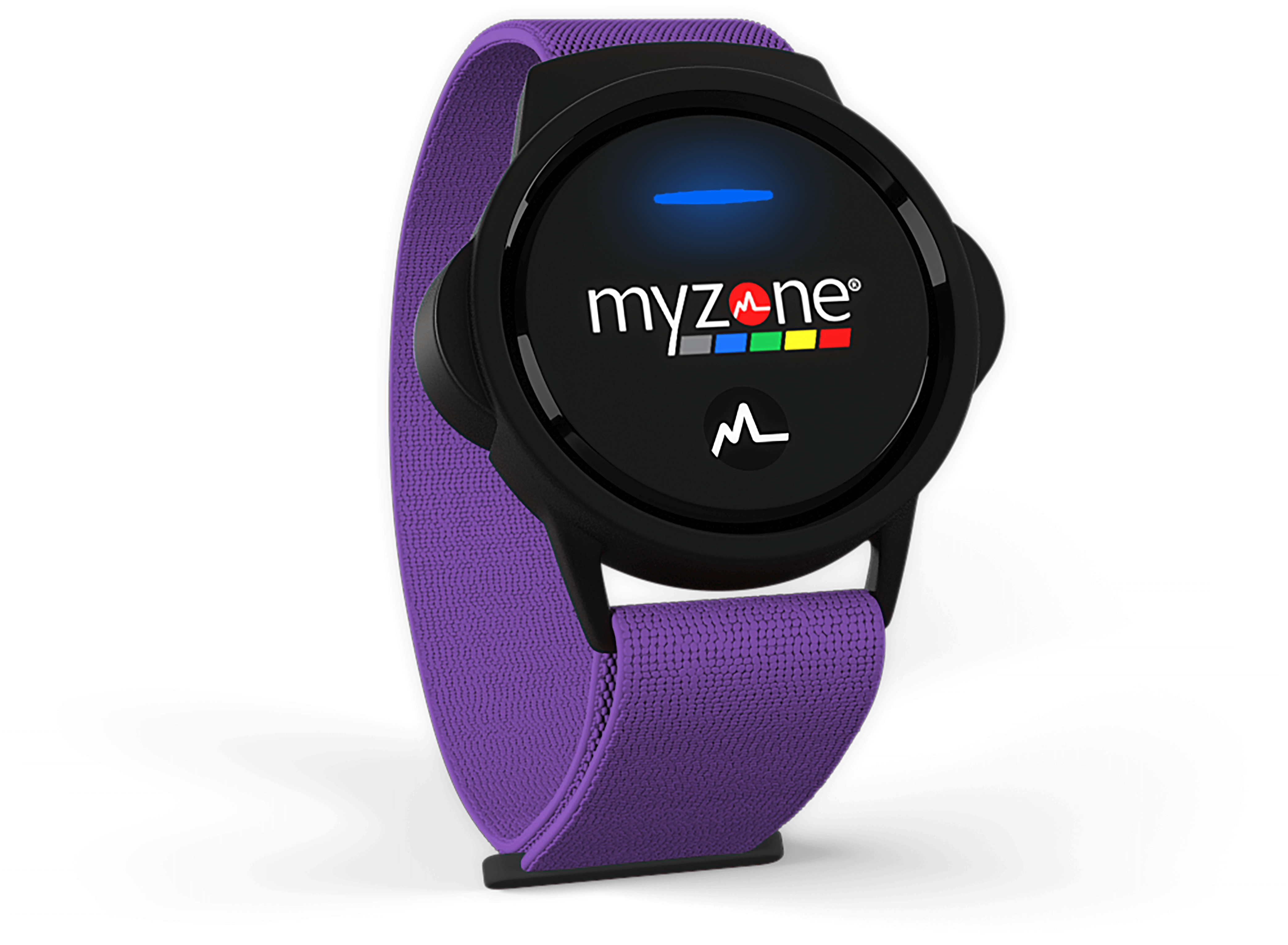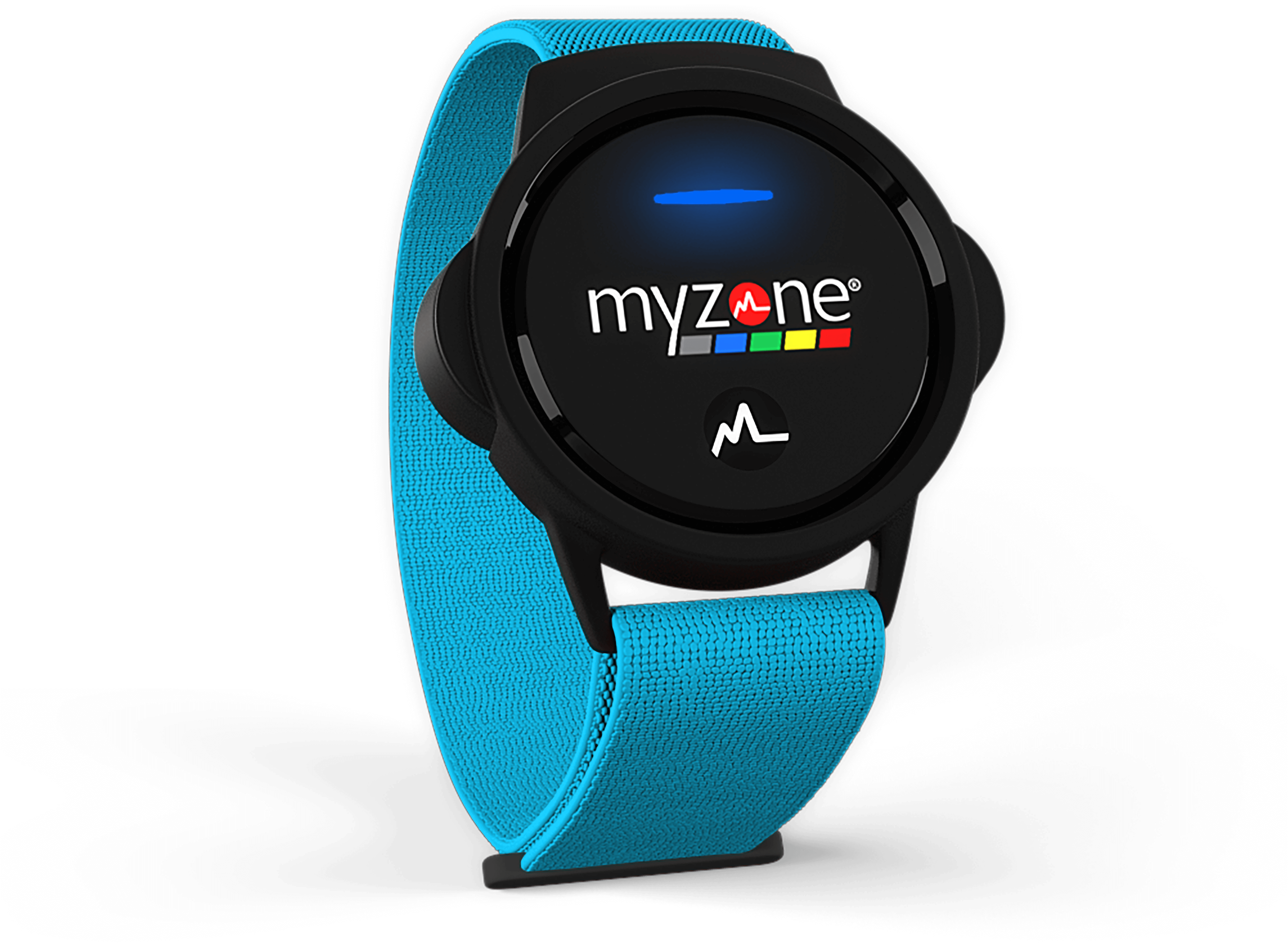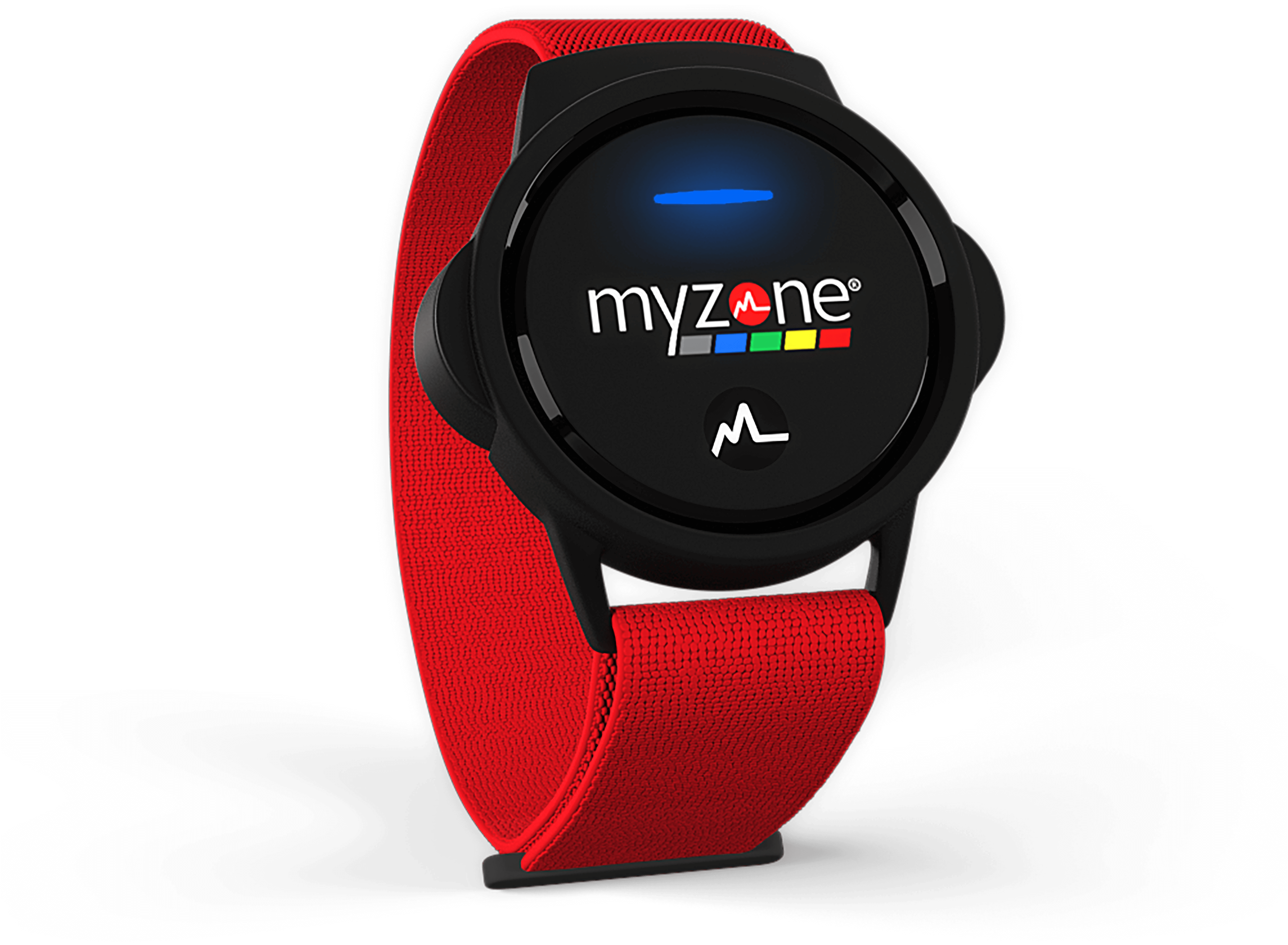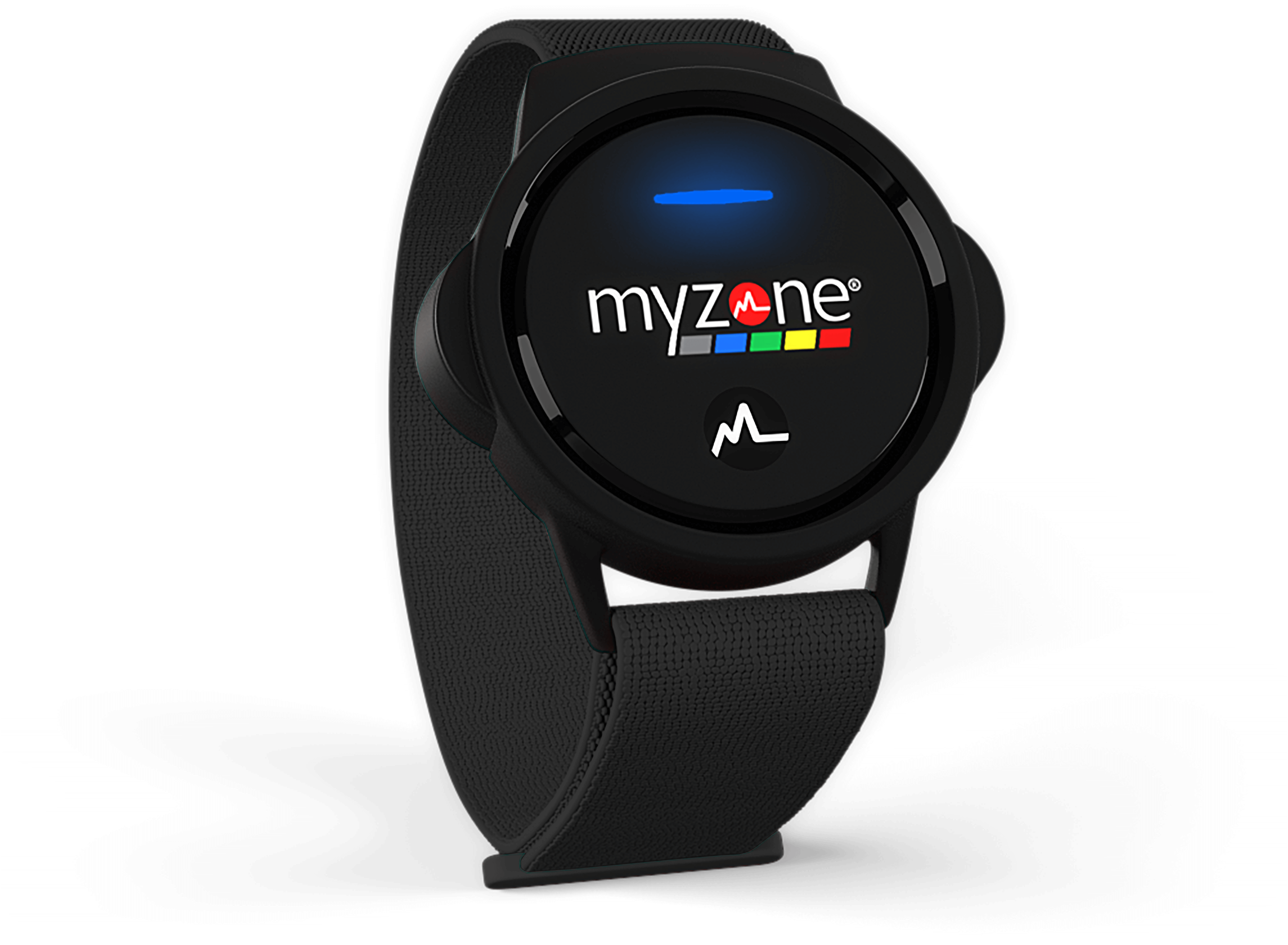If you are a busy person trying to balance work, family, school, exercise, and all of the other daily responsibilities that come with life, no doubt you are looking for a way to get the most out of your workouts in the most efficient way possible.
One way that is proven to maximize your time is to structure your workouts into supersets. Supersets are two exercises performed back-to-back with no rest in between exercises. Rest is performed after both exercises are completed (between supersets). Supersets are usually used for resistance training. We’ll discuss how you can set up your supersets later in this post and stay on top of your effort with MYZONE's heart rate tracker.
What are the benefits of performing supersets?
1. They allow us to do more in less time.
In traditional resistance training, we perform one set of an exercise, rest, and then perform the next set of the same exercise. With rest periods immediately following each set, you can see how you might spend a good portion of your workout waiting to complete the next set. When we use supersets, however, we are able to perform the same amount of work in less time or perform more work in the same amount of time. Ultimately, supersets increase our total exercise volume, which helps us achieve our fitness goals.
2. They increase the metabolic demand of our workouts.
When we structure our workouts into supersets, our heart rate increases and stays elevated longer and we burn more calories than with traditional resistance training (check out this article for more information). Additionally, we tend to experience an increased excess post-exercise oxygen consumption (EPOC) effect, meaning we burn additional calories in the hours after our workout. Plus, we MYZONE users will spend more time in the higher zones and earn more MEPs!
How can we structure our supersets?
Here are four ways we can organize our supersets. This is not an exhaustive list, so feel free to get creative with how YOU perform your supersets.
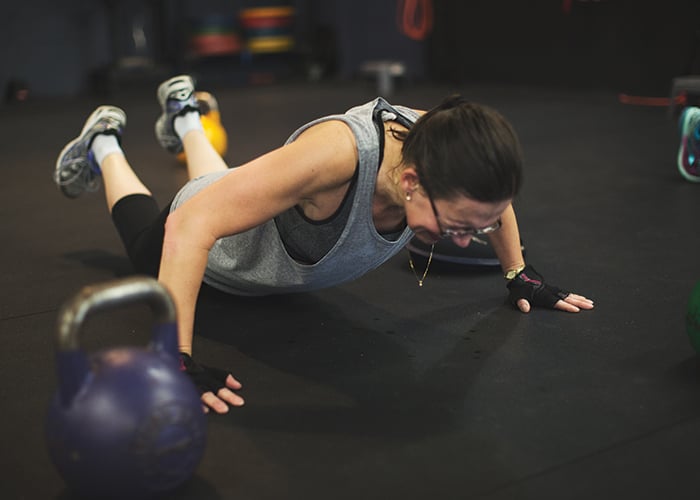
1. Work the same muscle group within a superset.
For example: chest press and pushup. This is effective if you’re looking to target a muscle group for muscular endurance or hypertrophy (increased size). This is not ideal if you’re focusing specifically on muscular strength, as it fatigues your muscles so you cannot lift a maximum load.

2. Work opposing muscle groups within a superset.
For example: back extension and abdominal crunch. This is also called reciprocal supersets. This is a good option for your to hit multiple muscle groups in your workout and to ensure you are achieving muscular balance (one muscle group isn’t being overworked while the other is underworked).

3. Work your upper and lower extremities within a superset.
For example: hip bridge and bent over row. This is another way to ensure that you hit multiple muscle groups within your workout. Keep in mind that the human body doesn’t function in individual segments, so you may be working some of the same muscles within both exercises. In the hip bridge and bent over row example, your low back muscles are activated in both exercises. If you have low back weakness, these two exercises may not be appropriate to pair together.

4. Combine cardio and muscular fitness within a superset.
For example: a 200-meter rowing sprint and overhead press. This method will cause you to burn more calories and work your cardiorespiratory system to a greater extent. However, the cardio component of your supersets is likely to cause muscular fatigue, so we do not recommend this if you are training specifically for muscular strength.
We hope you found this breakdown of supersets helpful and are keeping track of your exercise efforts on MYZONE's heart rate tracker app! Keep an eye out for another post with superset workout samples, and be sure to share your superset workouts with us! Use the hashtags #myzonemoves and #effortrewarded when you post to social media.
For more tips on how to use MYZONE to achieve your fitness goals, follow us for our Fitness Friday broadcasts on Facebook Live (subscribe on MYZONE’s Facebook page) every Friday at 8 am PT, 11 am ET.
Keep moving forward!




